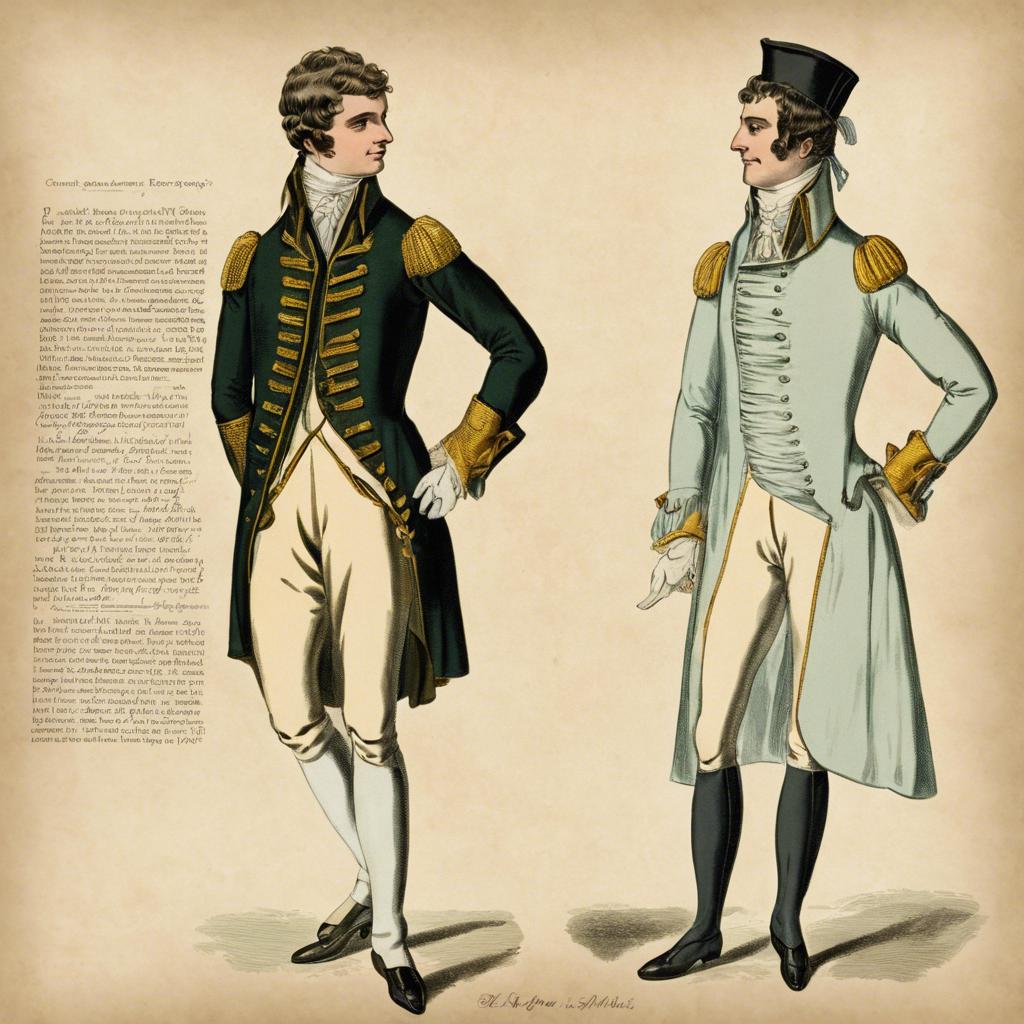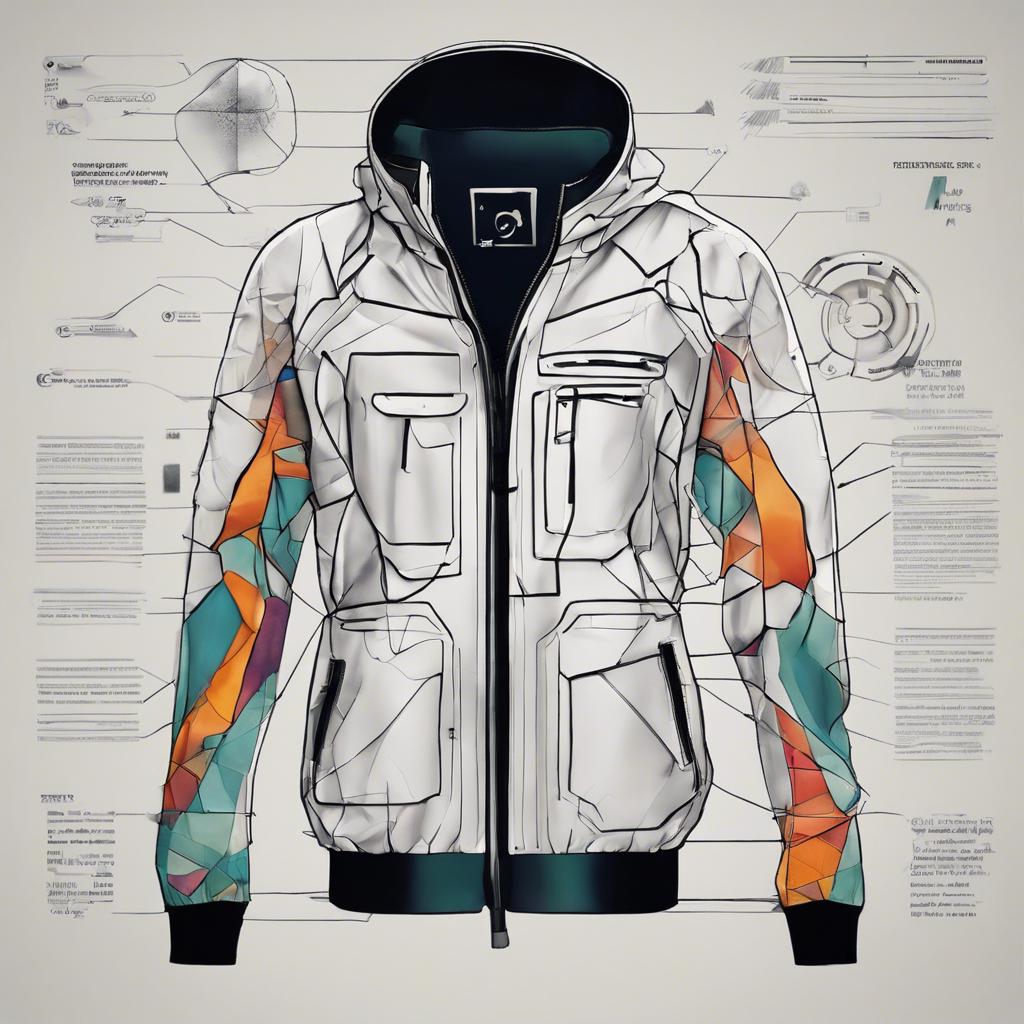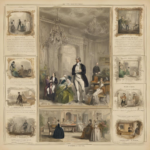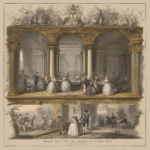In the illustrious world of Regency England, fashion was a formidable force that dictated social standing and status. At the forefront of this sartorial landscape was the Regency era jacket, a garment that epitomized elegance, refinement, and sophistication. From its tailored construction to its luxurious fabrics, the Regency era jacket was the hallmark of gentlemanly attire during this pivotal period in history. Join us as we delve into the intricate details and cultural significance of this iconic garment that continues to inspire sartorial trends to this day.
Step Into the World of Cheryl Bolen
Dive into the enchanting stories of love, intrigue, and elegance set in the Regency Era. Cheryl Bolen's novels offer timeless romance and captivating tales that will leave you wanting more.
Explore Cheryl Bolen's Books Now
Introduction to Regency Era Jacket
The Regency Era jacket, also known as the tailcoat or just coat, was a staple piece in men’s fashion during the early 19th century. This period, spanning from 1811 to 1820, was characterized by the style influence of England’s Prince Regent, later King George IV. The Regency Era jacket was a symbol of sophistication and elegance among the upper class, featuring a fitted silhouette with long tails at the back.
One of the distinguishing features of the Regency Era jacket is its high collar, often standing upright to frame the wearer’s face. The jacket typically fastened at the front with buttons, creating a streamlined and polished look. Men of this era would often pair their jacket with a waistcoat and trousers, completing the ensemble with gloves and a top hat.
The fabrics used for Regency Era jackets were typically luxurious and high-quality, reflecting the wearer’s social status. Common materials included wool, silk, and velvet, with intricate details such as embroidery and piping adding to the overall opulence of the garment. The tailoring of these jackets was precise and meticulous, emphasizing the slim waist and broad shoulders that were fashionable at the time.
Exquisite Tailoring and Detailing of Regency Era Jackets
The truly exemplify the elegance and sophistication of this period in history. Crafted with the utmost precision and skill, these jackets showcase the finest craftsmanship and attention to detail. From intricate embroidery to delicate lace accents, each jacket is a work of art that reflects the style and refinement of the Regency era.
The silhouette of Regency Era jackets is characterized by its slim, tailored fit and high waistline, creating a sleek and sophisticated look. The use of luxurious fabrics such as silk, satin, and velvet further enhances the elegance of these jackets. Every stitch and seam is carefully executed to ensure a flawless finish, making Regency Era jackets a true masterpiece of sartorial craftsmanship.
In addition to the impeccable tailoring, Regency Era jackets often feature unique design elements such as decorative buttons, ruffled collars, and ornate trimmings. These intricate details add to the overall charm and allure of the garment, making it a must-have piece for anyone looking to capture the essence of the Regency era in their wardrobe. Whether worn for a formal event or simply as a statement piece, a Regency Era jacket is sure to turn heads and evoke a sense of timeless elegance.
Materials and Fabrics Used in Regency Era Jackets
In the Regency era, jackets were typically made from a variety of luxurious materials and fabrics, reflecting the elegance and sophistication of the time. One of the most popular materials used for these jackets was fine wool, which provided both warmth and a polished look. Wool was often dyed in rich colors such as deep blues, greens, and browns, adding to the overall opulence of the garment.
Silk was another common fabric used in Regency era jackets, particularly for eveningwear or more formal occasions. The smooth, lustrous texture of silk added a touch of refinement to the jackets, making them suitable for high society events and gatherings. Silk fabrics were often embellished with intricate embroidery or beadwork, further enhancing the luxuriousness of the garment.
In addition to wool and silk, Regency era jackets were also sometimes made from velvet, a fabric known for its softness and richness. Velvet jackets were especially popular among the upper classes, as they exuded a sense of wealth and status. The deep, plush pile of velvet added depth and texture to the jackets, making them both stylish and comfortable to wear.
Tips for Collecting and Caring for Regency Era Jackets
When collecting and caring for Regency Era jackets, it is important to handle these delicate garments with care to preserve their historical significance and craftsmanship. Here are some tips to help you maintain and showcase your collection:
Storage:
- Store your Regency Era jackets in a cool, dry place away from direct sunlight to prevent fading and damage.
- Use padded hangers to support the shoulders of the jackets and prevent them from losing their shape.
- Avoid storing jackets in plastic bags or containers, as they need to breathe to prevent mold and mildew.
Cleaning:
- Consult a professional conservator or dry cleaner experienced in handling historical garments for cleaning and preservation.
- Avoid washing or spot treating the jackets yourself, as this can cause irreversible damage to the delicate fabrics and embellishments.
- If necessary, gently remove dust and debris from the jackets using a soft brush or vacuum cleaner with a low suction setting.
Closing Remarks
the regency era jacket epitomizes the elegance and sophistication of 19th century fashion. Its timeless design and exquisite craftsmanship continue to inspire contemporary designers and fashion enthusiasts alike. As we delve into the history and significance of this iconic garment, we are reminded of the enduring legacy of the regency era and its influence on the art of tailoring. Whether worn for a formal event or a casual outing, the regency era jacket remains a sartorial symbol of refinement and style. Its enduring appeal serves as a testament to the enduring beauty and craftsmanship of historical fashion.


